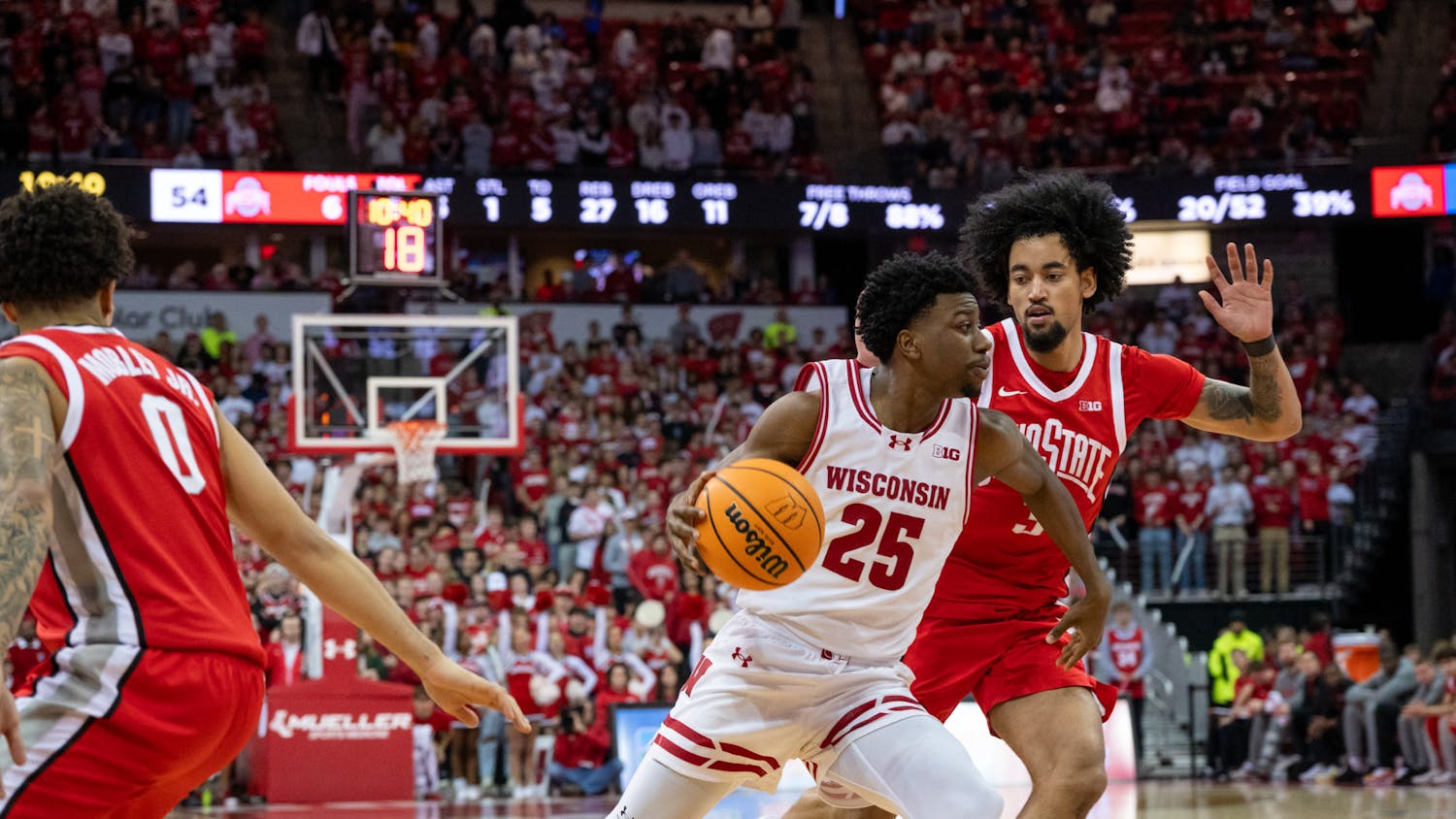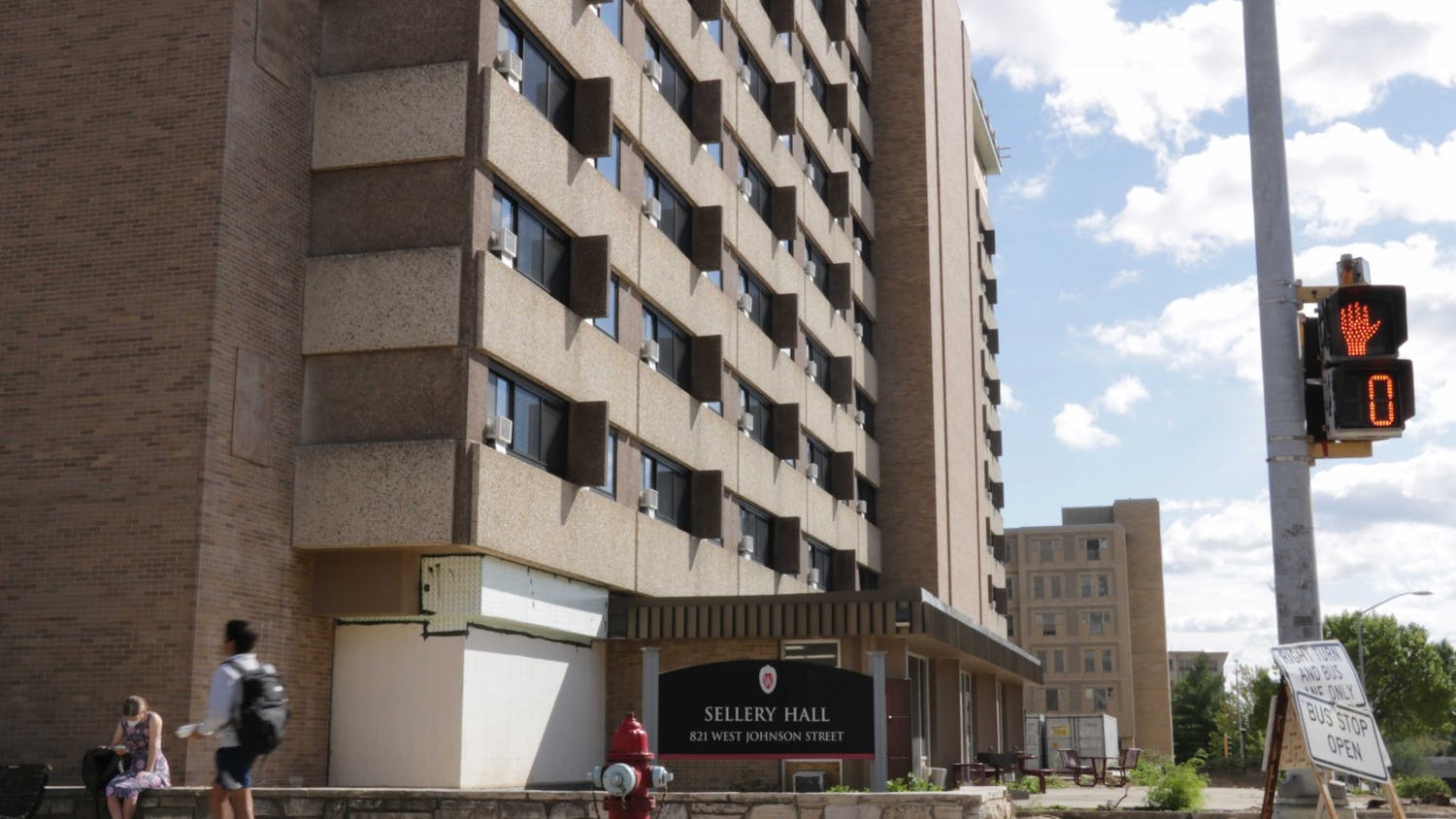Without Horizon High School, a recovery high school for teens with substance abuse, 17-year-old Ken Adams says he wouldn’t be alive.
“It saved my life,” the high school senior said.
Although Adams attends the school sculpted for teens recovering from drug and alcohol abuse, he’s never had an addiction problem. He does, however, struggle with major depression and anxiety and attempted suicide at age 15.
“I hit my rock bottom and then I showed up here and fell in love with it,” Adams said.

But inside the small building, the 15-student school changes lives.
It’s equipped with all the staples of a regular high school: books, chalkboards,
For many students at Horizon, going to school feels like going home.
While Horizon may be unique to Wisconsin, recovery high schools are not new to the nation. Schools emphasizing mental health and substance abuse recovery are cropping up around the country in an effort to combat the nation’s opioid crisis.
There are around 40 recovery high schools across the country. Wisconsin is following the lead of other
This year, the state Legislature passed legislation nearly unanimously to establish and fund a charter recovery school in Wisconsin. The location of the school is currently in the works.
The legislation calls for the Office of Educational Opportunity in the UW System to contract with a person to open and operate a new recovery school with no more than 15 students as a
Those who have applied for the charter suggested co-locating the recovery school in an existing high school, using part of an existing mental health facility or leasing a space for the school.
Taking a student out of a big school can mean they’re removed from their drug dealer or a friend group that uses and placed in a one-on-one environment.
“We’re finding in the area of substance use disorders [recovery schools] are very effective relative to similar kids who have been through treatment and then went back to a regular school setting,” said Dr. Paul Moberg, a research professor at the UW Population Health Institute, who has studied implementation and effectiveness of recovery schools.
Under the law, the state will grant $50,000 in start-up costs to the new recovery school as long as that amount is matched
By the fifth year, the school must be self-sufficient.
“The big question for applicants is in year five, do you have the ability to fund that $8,000 [per student] that was initially state money?” said Gary Bennett, director of the Office of Educational Opportunity.
Creating a state-funded charter recovery school is still in the early stages. Currently, Bennett is accepting applications from schools that want to operate the charter.
A large part of his decision, which will be announced sometime in October, comes down to which community could support the school if awarded it.
Horizon is not a charter school, but rather a private non-profit that receives funding from Madison Metropolitan school district and makes up their deficit with private donations.
The school is constantly fundraising just to keep its doors open.
“They send us the kids [Madison School District] had no success educating,” said Traci Goll, director of Horizon High School. “It’s not because they’re not a great school district, but because it’s so big and overwhelming...so many of our students would slip through the cracks.”
“Nobody skips [class] here. I know where they are,” Goll added, who is also friends with many students on social media. “If they’re not here I text them ‘where are you?’”
In order to attend Horizon, students have to actively want to get clean and already be in addiction therapy. The same rule will apply
On Oct. 17 Horizon is holding an open house for the community to see the work they're doing firsthand. Organizations in Wisconsin are interested in Horizon’s success, Goll said. Currently, there is talk about another recovery high school opening in Racine, separate from the state’s charter plans.
For Adams, the close-knit, small school atmosphere was exactly what he needed to get his life back on track. Last December, his father passed away from a drug overdose. It was the hardest part of his life, he says, but Horizon helped him get through it.
“We’re like a






